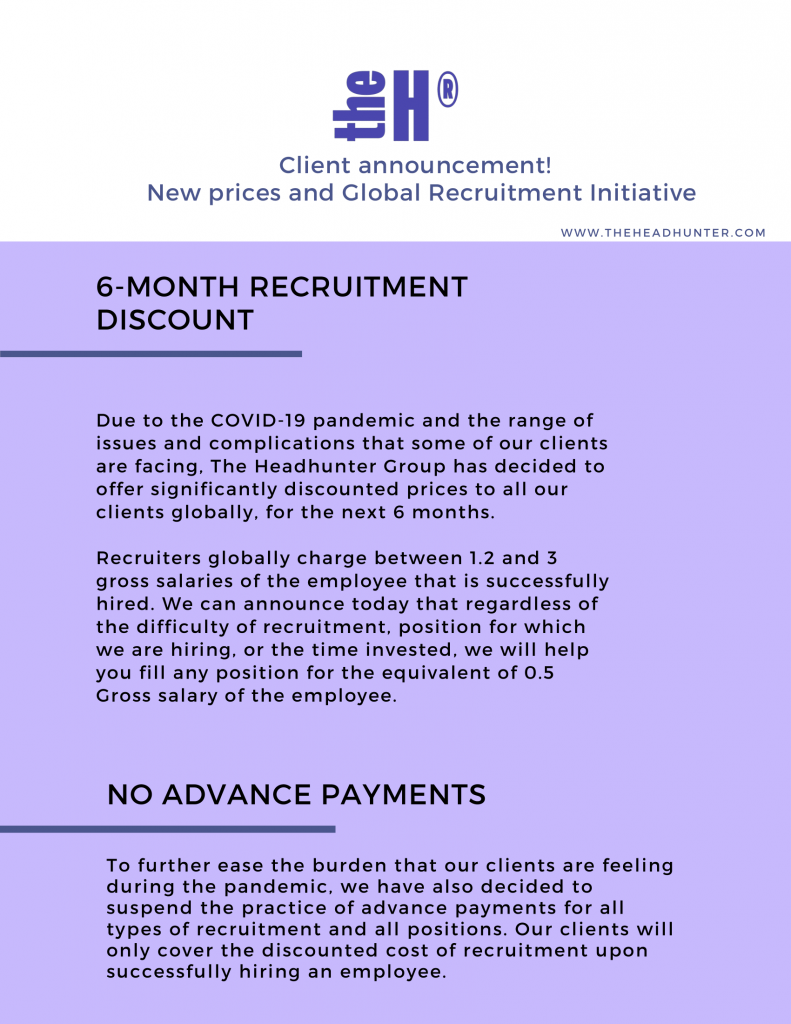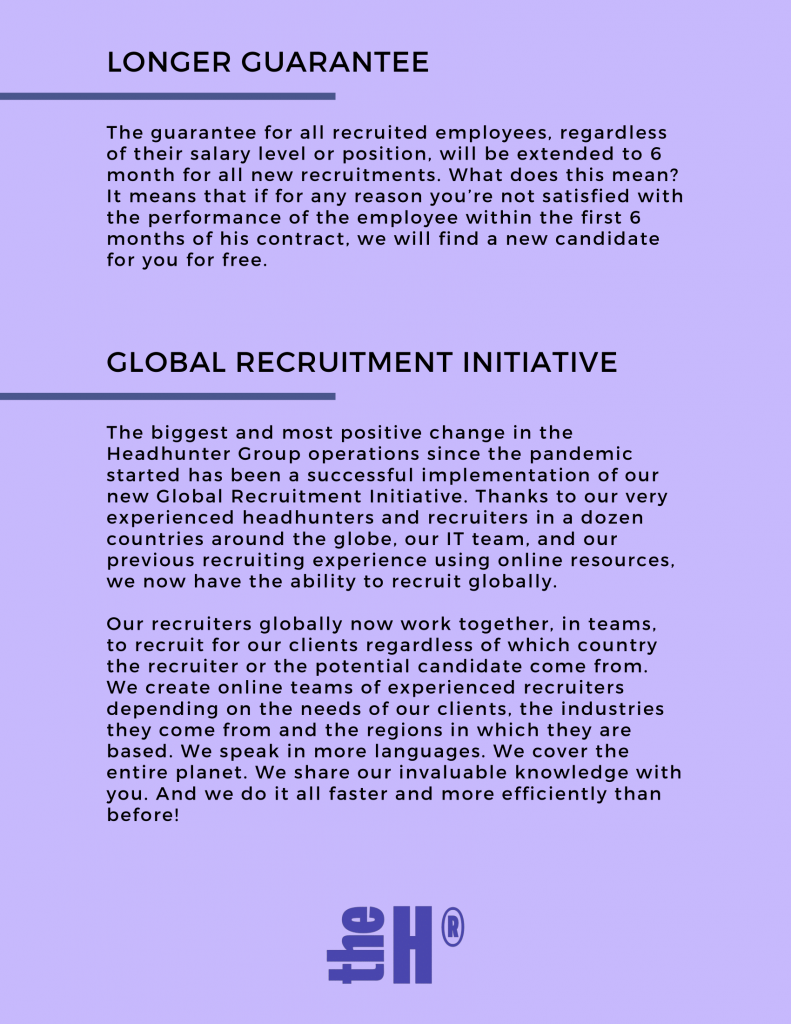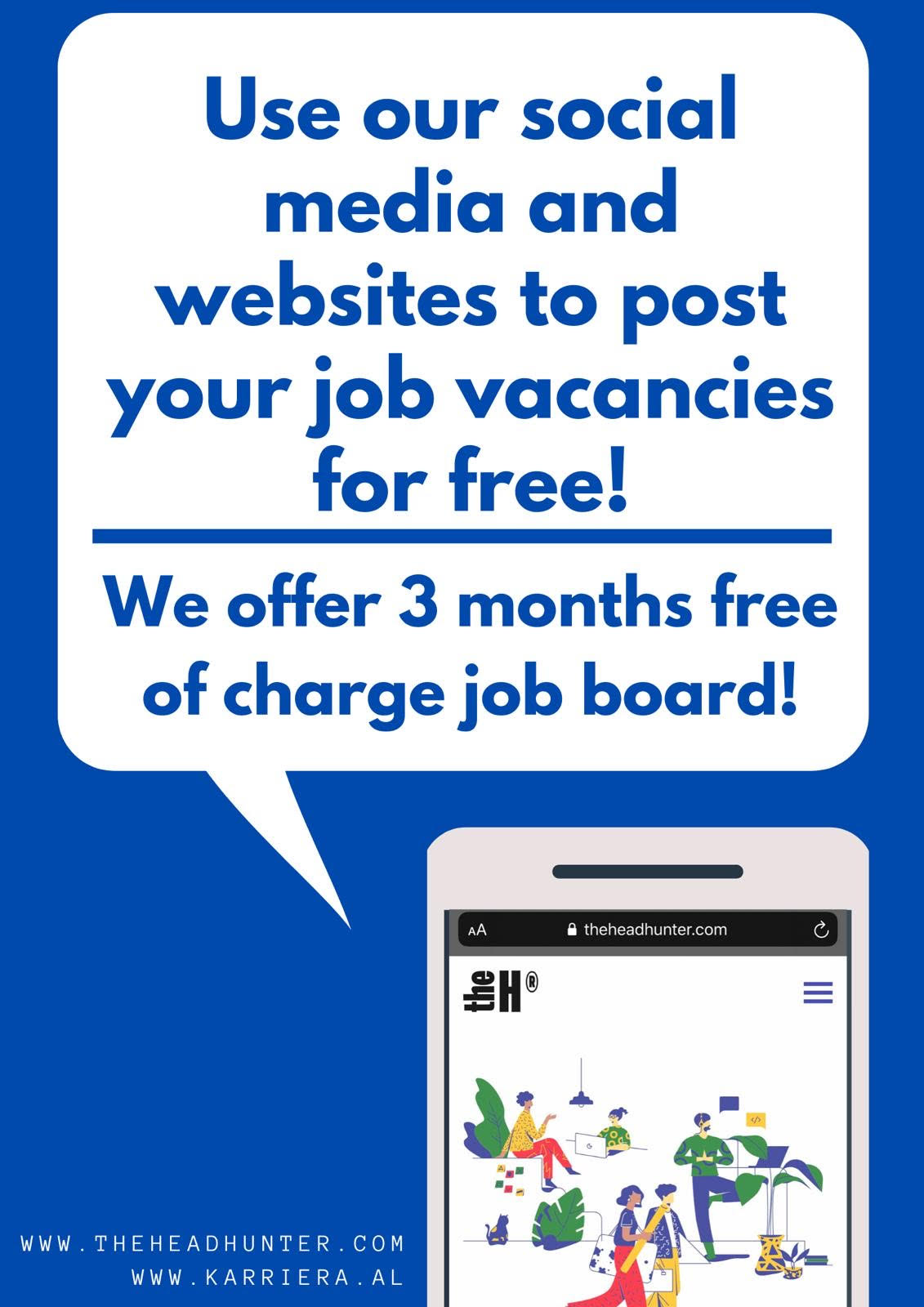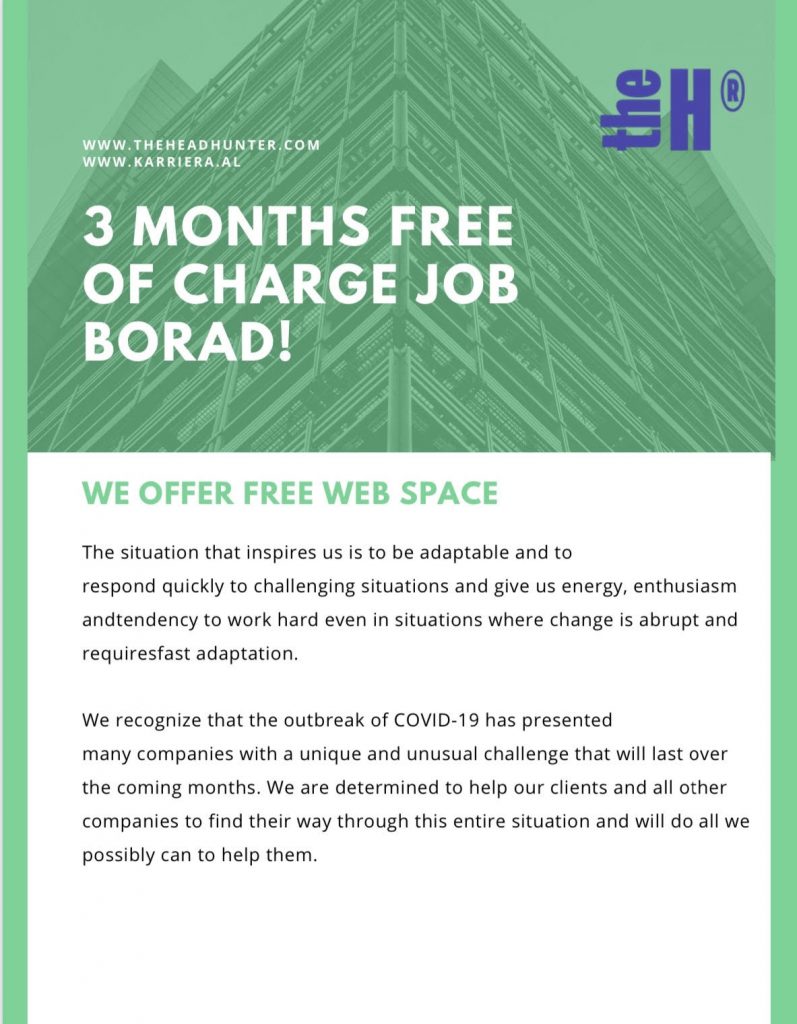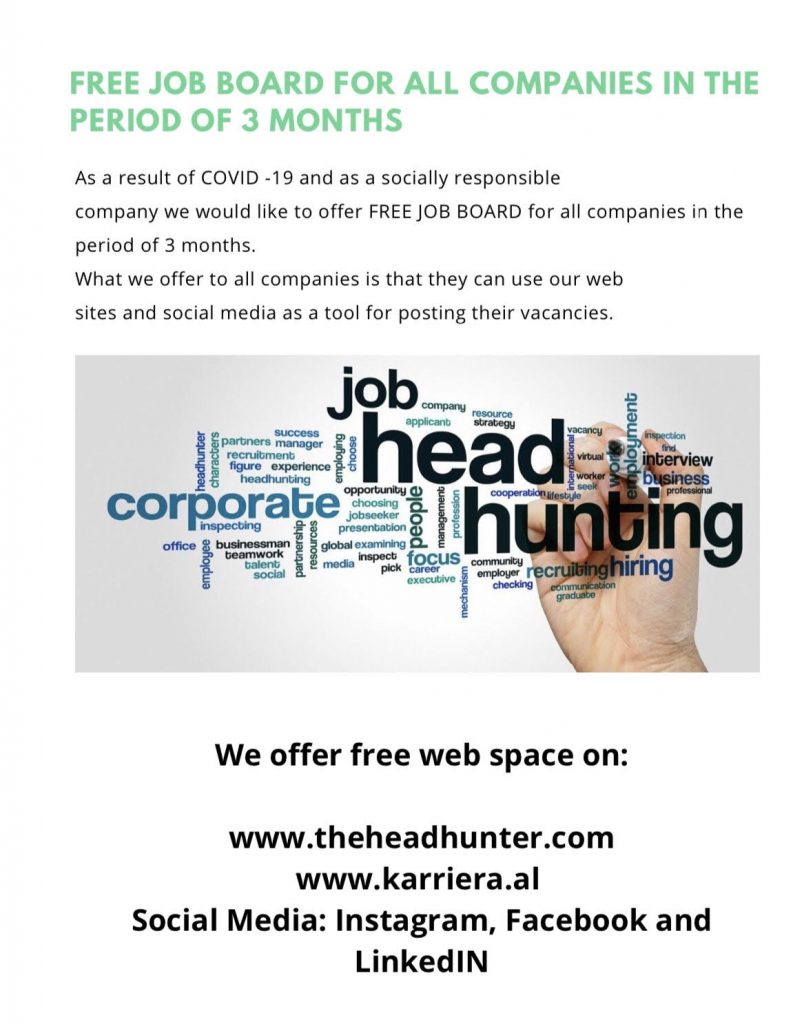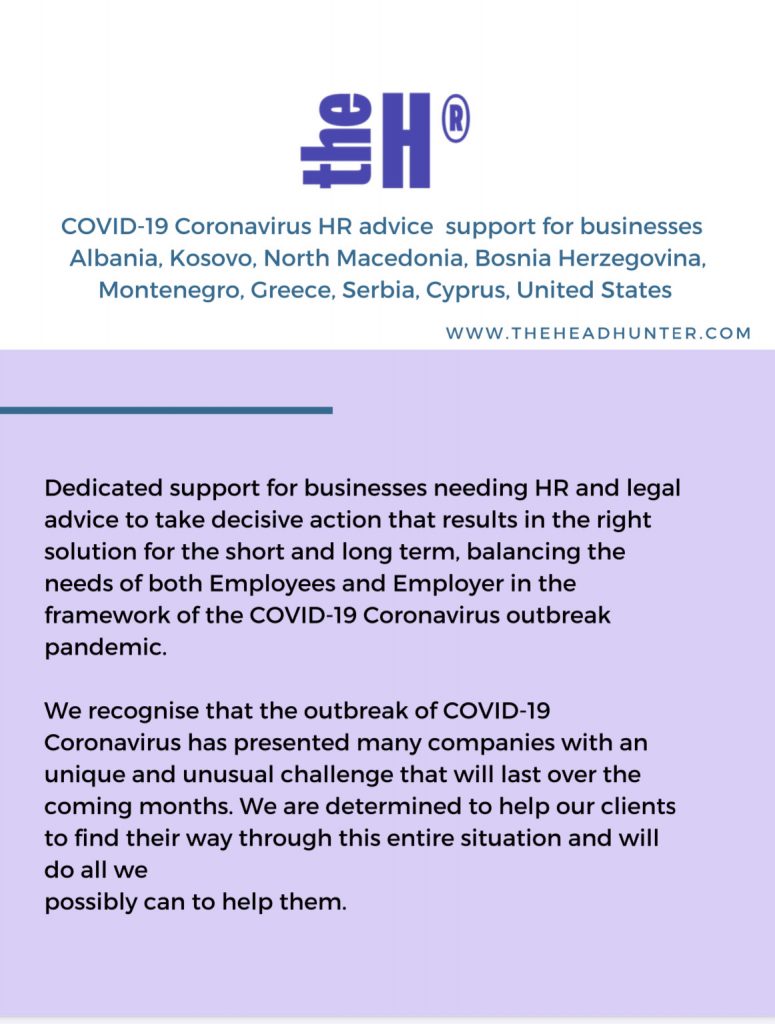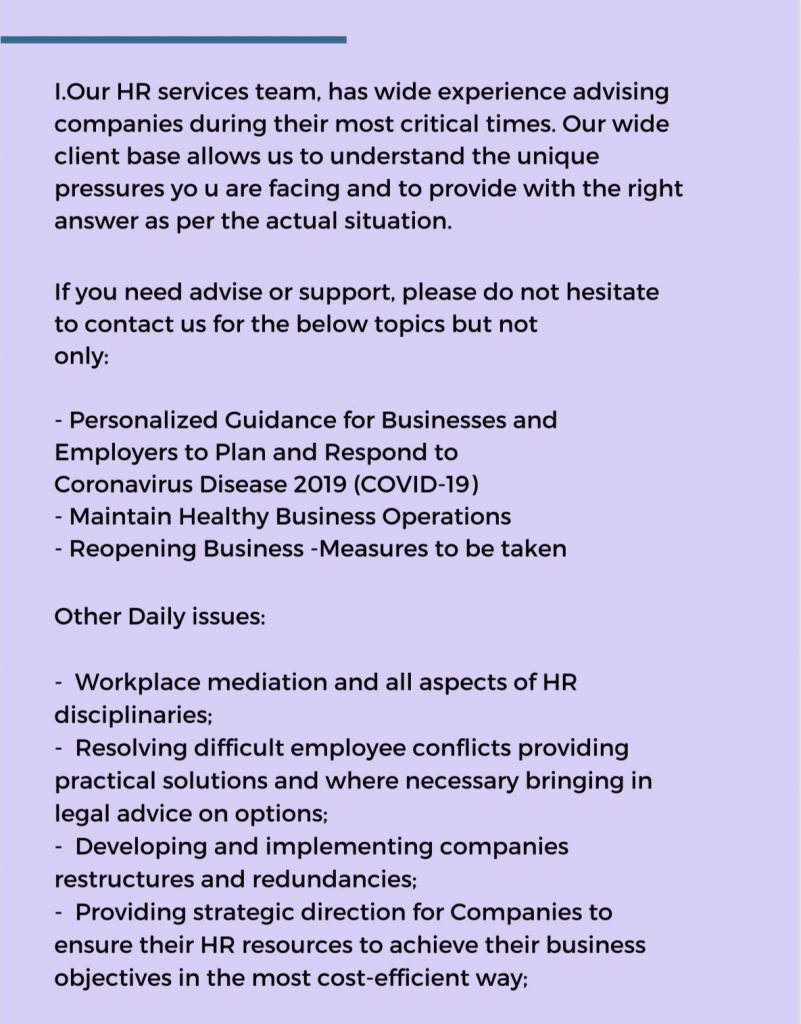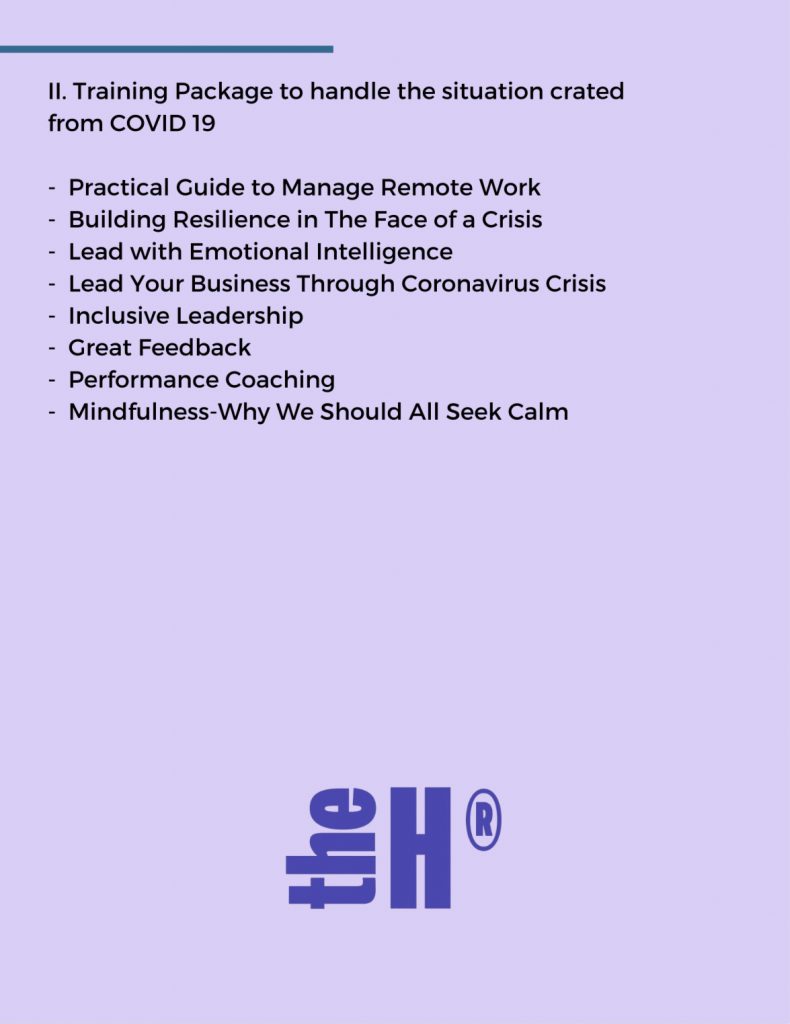The job interview is going as you hoped it would. You meet the required qualifications, you have a rapport with the interviewers, and those practice sessions you and a friend ran through the past few days helped you present smoothly and confidently. You have a real shot at landing this job.
Then that most awkward of questions is asked: “What’s your expected salary?”
Many job candidates dread this question. There’s the worry that, if you lowball a figure, you’re leaving money on the table. But if you give a number that’s too high, you might price yourself out of consideration for the role. No matter where you are in your career, that’s a tough calculation.
The good news is, when discussing desired compensation, there are strategies to giving figures that will be fair to you and within the employer’s budget. Timing, tact and homework are all key to your success.
Here’s what to do:
1. Research the market and salary trends
Whether you’re seeking a position as an entry-level bookkeeper or a senior business intelligence analyst, the job interview is your opportunity to convince the hiring manager you deserve top dollar. When you walk out of the room, you want the prospective employer to be thinking, “That’s who I want to hire. Now, how to convince them to join our team?”
Compensation expectations might well come up during that first face-to-face interview, if not earlier. That’s why you should be start preparing for the question from the moment you apply for the job. And that means you need to do your homework.
Check out reputable sources such as the U.S. Bureau of Labor Statistics (BLS) for federal data on wages in your industry. Review the Half Salary Guides to get the average national salary for the position you’re seeking, then use Salary Calculator to customize the figure for your market. This is a critical first step. Never, never discuss salary expectations before researching the market.
2. Give a range, not a number
Job seekers shouldn’t ask about salary when submitting their application materials or during the phone interview. Even bringing it up during the first face-to-face interview can be risky. Raising the topic of money too early sends the message that you’re more interested in the paycheck than whether the job will be the right fit.
But that doesn’t mean the employer won’t bring it up during the initial contact. If a job post asks applicants to include their desired compensation when applying for the position, then give a range — not a specific figure — you’re comfortable with. Answers like “Negotiable” might work, but they can also make you look evasive. If you’ve done your homework, you’ll know what a fair salary range will look like.
Should the question come up during the initial phone call, you can still give a range — and hedge it even a bit more:
- “From what I know about the position, I think somewhere in the area of $XX – $XX.”
That kind of phrasing shows flexibility, which employers appreciate. And it leaves room to adjust the figures, if you think it necessary, once you’ve learned more about the job and the employer’s expectations.
3. Turn the question around
When it’s still early in the hiring process, there’s nothing coy about hedging with a salary range, as discussed above. An employer who asks about compensation expectations before discussing the job in detail can’t demand a more definite answer.
But when it’s this early in the process, you also have an opportunity to turn the question around. Whether salary expectations come up during a phone interview or at the start of your first face-to-face meeting, you can smile and say:
- “I’d like to learn more about the position and the duties, and what the team’s like, before discussing money. But may I ask what salary range you’re considering for this position?”
Delivered politely, you’ll demonstrate that your priority is learning whether the role will be a good fit – something every employer will respect. And your deft invitation to share the budgeted salary range will be difficult to resist.
If the employer’s salary range is in the area you were considering, or even higher, thank them for sharing the information and confirm that’s about what you were thinking. If it’s a little less, say it sounds like it’s at the lower end of what you were hoping for, but you’d still like to talk about the job. Why? This is a candidate-driven market, and increasingly employers are offering better pay to hire and retain top talent. In a recent survey, for example, 63% of executives said they were willing to be flexible on salary when negotiating with a job candidate. Demonstrate you have just what they employer’s looking for, and you’ll more likely be able to later negotiate a salary figure to your liking.
If they’re starting at a much lower range than your desired compensation, then say so and ask whether the figures would be adjusted for the right hire. Don’t waste your time or the employer’s if it’s clear from the start that you won’t reach an agreement on salary.
4. OK, now’s the time to give a number, not a range
At some point, you have to commit. By the second interview (or certainly the third, if the process lasts that long), you’ve likely learned all there is to learn about the job and how success will be measured, you’ve met team members, and you’ve already shared the salary range you were considering — or the employer has shared the figure they’ve budgeted for the position. The candidate’s desired compensation, and what the employer will offer, remain the only major unsettled questions. So when the salary question comes up now, you have to be ready with a number, not a range.
Factor in all you’ve learned during your research and the interviews. Are the responsibilities and the stress level about what you expected when you applied for the position? Will you manage people or processes the original job posting didn’t mention? What kind of commute would you face, and does the employer permit remote work options? Perhaps most importantly, what employee benefits, perks and bonus opportunities would be included in the compensation package?
Any and all of that should help you determine the salary figure you think is fair and will be acceptable to the employer. You may have had to tip your hand when salary expectations first came up, but that doesn’t mean you’re committed to the range you originally gave. Phrase your answer by citing, briefly, the points you think are salient to compensation expectations. Even better if you can frame it in a positive manner. For example:
- Given the responsibilities of the position and the number of people I’d be managing, I think $XX is a fair figure. It’s an exciting opportunity, and I believe I’m well matched for it.
- I’m really excited by the challenges you described! $XX seems like the right starting salary. There’s a lot to take on, and I’m confident I’d be a great fit for the role.
- I’m thinking $XX. This is a big job – one I’m well familiar with and well suited for. I led a similar team at my past employer, and we hit all the goals we were charged with. I’d be very excited to take on another challenge like this!
- I remember the salary range you gave me earlier, and I respect the fact that you have to work within a budget. But I’d like to suggest $XX as the starting salary. The responsibilities of this role are quite demanding, and as we’ve both said, my skills and training definitely fit the bill. I can deliver the results you said you’re looking for.
Keep it positive and friendly. Be confident and polite. And above all…
5. Always be truthful
An employer suspicious of a job candidate or new employee is an unhappy employer. And that’s not who you want to be talking to across the desk. With that, keep these truths in mind:
Never misrepresent your experience, your training or the impact you’ve had at your current or previous job. Don’t do it on your resume or cover letter, during interviews, or when discussing your desired compensation. The truth is bound to come out — maybe during your reference checks, maybe during a skills test, or maybe once the employer sees how you perform at the new job. At some point, it will come out.
The same is true about your current or past salary. It’s best to always direct the conversation to your skills and the value you’d bring to the role, not what you’ve been paid at other jobs. However, if you are asked about your current salary, be honest. Discovery that you inflated the numbers might lead to the loss of the job offer.
What to do after you’ve settled on salary
They made the offer, and the salary meets or comes close to your compensation expectations. What now? Thank them, ask for a day or two to mull it over, and if you decide to take the job, express enthusiasm and talk about the start date. Then ask for a formal, written offer so you can make sure everything you’ve discussed, from job description and pay to perks and benefits, is correct. Yes, assume everyone acts with good intentions, but don’t chance anything to a misunderstanding.
That’s a critical final step. Never, never give notice at your current job until you have that offer in writing.We’re not kidding. Never.
